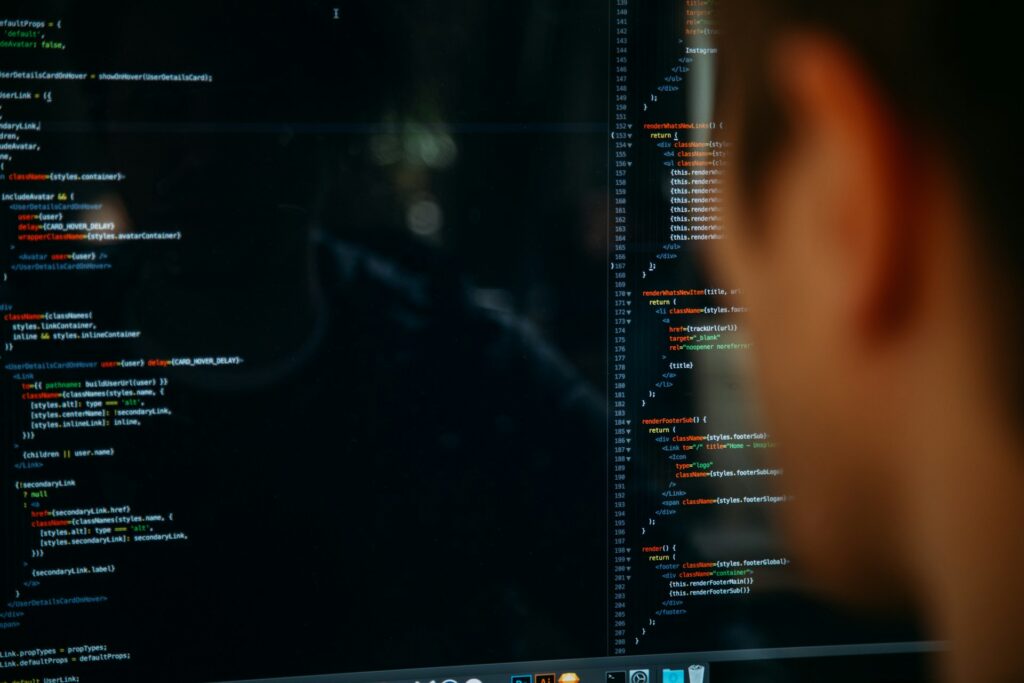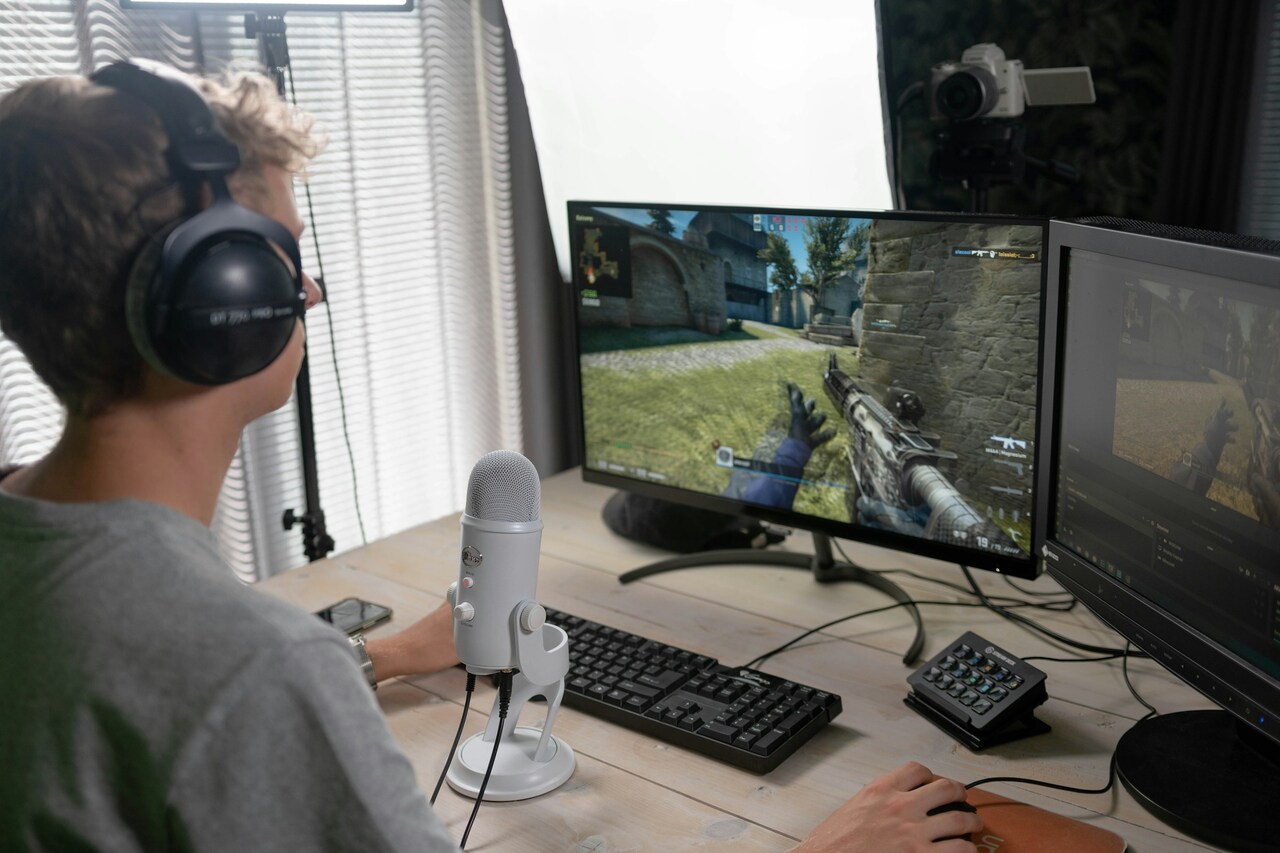Video game industry layoffs have reached an all-time high, with over 12,000 developers affected so far — even though video game companies are making record-setting profits. The gaming industry as a whole makes hundreds of billions of dollars annually. Why are the people behind its success being let go?
The Current State of Video Game Industry Layoffs
It seems news of a major layoff or studio closure has hit the headlines every month or so this year. Video game industry layoffs hit a record-setting high halfway through 2024, affecting over 11,000 people between January and June. The total has only climbed since then, largely thanks to AAA studios letting large teams go.
As of September, video game companies have laid off close to 13,000 developers, a 15.5% increase from 2023. With fourth-quarter earnings calls on the horizon, there will likely be more — even if they have a strong quarter or fiscal year, they want to demonstrate their frugality to their stakeholders.
What Gaming Companies Are Laying off Employees?
Over 150 video game companies laid off developers in 2024, including well-known names like TakeTwo Interactive, Gearbox Software and Curve Games. While both AAA and indie studios were affected by video game industry layoffs, larger companies have laid off more people.
Electronic Arts
Electronic Arts (EA) announced it was laying off 700 people — about 5% of its team — in February. Less than a year earlier, it let about 800 people go. You’d think a 1,500-person layoff would suggest the company is struggling, but the opposite is true.

Experts recently projected positive growth for EA. Its revenue totaled $7.42 billion in the 2023 fiscal year. According to projections, it will reach $7.7 billion by 2024’s end. Despite the potential nine-figure increase year over year, more layoffs may be on the horizon.
Riot Games
In January, Riot Games laid off approximately 11% of its workforce — around 530 people — globally. Fortunately, affected employees were set to receive six months of severance pay, job placement services and health care benefits, alongside a cash bonus and a free laptop.
While Riot Games said the tough decision was driven by the company’s need for financial flexibility, it isn’t exactly hurting for money. It earned about $1.5 billion in 2023, which comes out to about $288,000 per employee — well over the average developer’s salary.
Sony
Sony released a statement in February 2024 detailing its plans to lay off 900 PlayStation employees — about 8% of its workforce — that would affect studios in the Americas, Japan and the Asia-Pacific region.
Even developers from Naughty Dog — the studio responsible for one of the PlayStation’s bestselling games of all time — were affected.
Interestingly enough, Sony wasn’t struggling financially. Its revenue totaled $87.16 billion in 2023, up 7.09% from 2022. Analysts expected its growth to further increase in 2024, reaching $90.18 billion. Gaming is the company’s main profit driver, making up about 30% of its revenue.
Microsoft
Just three months after acquiring Activision Blizzard, Microsoft laid off about 1,900 employees — roughly 8% of its developers — in January. Out of all the video game industry layoffs, this is the largest in recent history.

Even though Xbox’s earnings for Q4 2023 weren’t exceptional, they were still slightly up year-over-year. Unfortunately, Microsoft wanted a larger profit margin. The layoff helped it increase its Xbox services revenue by 61% and gaming revenue by 44%.
Why Are Layoffs Happening Despite Record Growth?
Publicly traded video game companies like Microsoft, Sony and Electronic Arts answer to a higher power — shareholders. People who own shares in a company like to see growth because it indicates stability.
However, this line of thinking leads to “infinite growth” business models, where companies constantly try to increase their earnings. Even though fluctuations are a normal part of supply and demand, stagnating sales and drops in profit often make shareholders uneasy.
While the statement from Sony’s CEO that its 900-person layoff was “not indicative” of a “lack of strength” seems absurd at face value, it’s the truth. Companies often cut costs — sometimes using drastic measures — to bolster their financials.

Other times, video game industry layoffs happen because of plain lousy decision-making. For instance, Unity Software Inc. laid off almost 25% of its workforce — about 1,800 people — after the then-CEO announced the infamously disastrous pay-per-download pricing model.
Arkane Austin’s closure is another example of the consequences of poor planning. Its last game was Redfall — a buggy first-person shooter that had a shaky storyline and was capped at 30 fps. That disastrous release overshadowed its previous hits like Dishonored and Prey.
While automation isn’t the main cause of industry-wide layoffs, it may have influenced some business leaders’ decisions. Companies may plan to replace programmers, sound designers and game artists with artificial intelligence.
Is the Video Game Industry Dying?
Inflammatory headlines about video game industry layoffs can be worrying. For many gamers, it suggests their favorite pastime may be in jeopardy. However, the industry isn’t dying. In fact, it has been consistently experiencing positive growth for years.
Experts predict the gaming market will net $363.2 billion in revenue by 2027, up from the projected $282.3 billion in 2024. Its compound annual growth rate of 8.76% is impressive. Moreover, analysts say its user penetration rate will go from 16.9% to 18.5% in the same period.

With layoffs hitting record highs, it’s easy to get caught up in a doom-and-gloom mentality. It’s disheartening to see the people behind some of the gaming community’s favorite games being let go while their chief executive officers (CEOs) boast about record-setting revenue.
However, gaming is a billion-dollar industry. The developers being let go are talented people who will find fulfilling work elsewhere once companies return to a growth mindset. Besides, indie studios and lone developers will continue making games even if AAA studios don’t.
Video Game Industry Layoffs Will Likely Continue
With earnings calls on the horizon and AI on the rise, video game layoffs will likely continue. Hopefully, this trend won’t continue as we head into 2025 — this isn’t the kind of record anyone should be excited about.
Recent Stories
Follow Us On
Get the latest tech stories and news in seconds!
Sign up for our newsletter below to receive updates about technology trends




